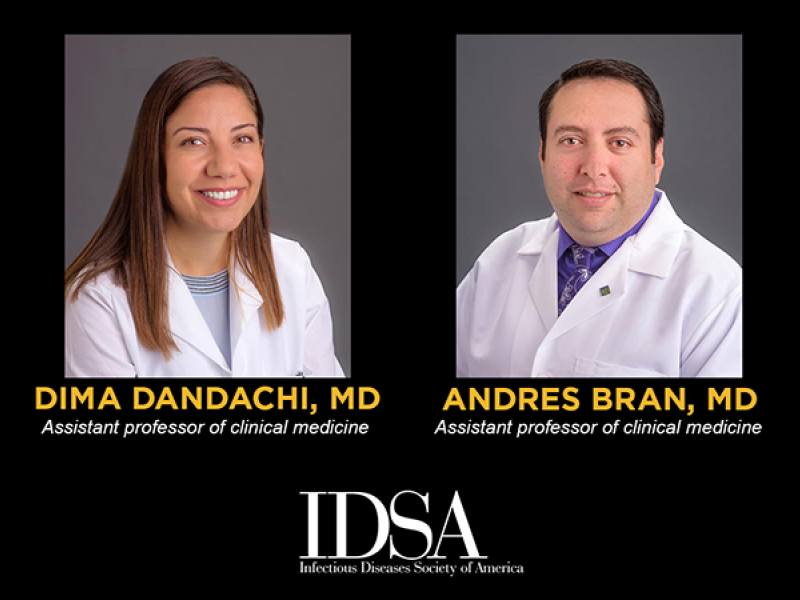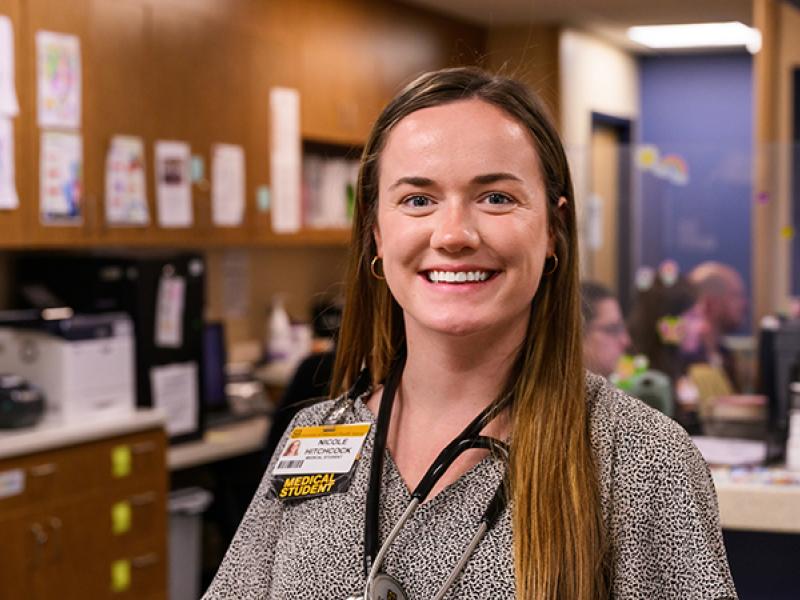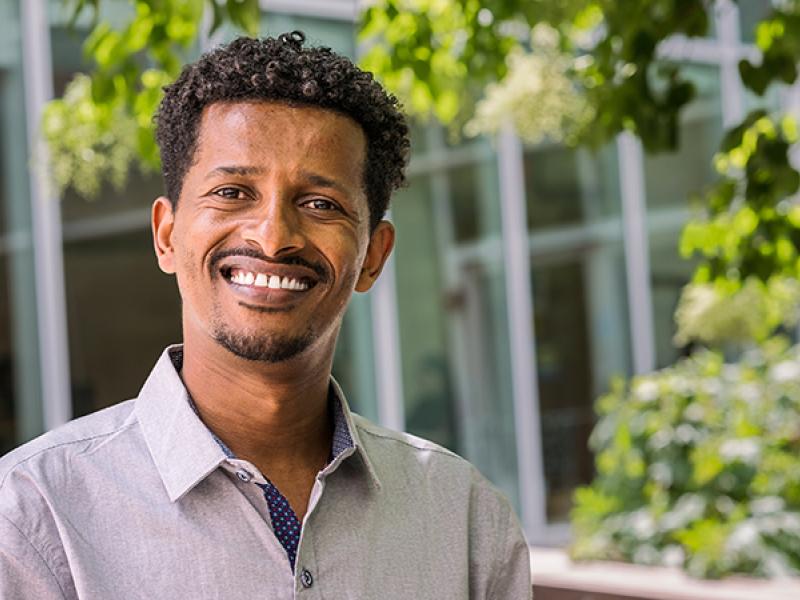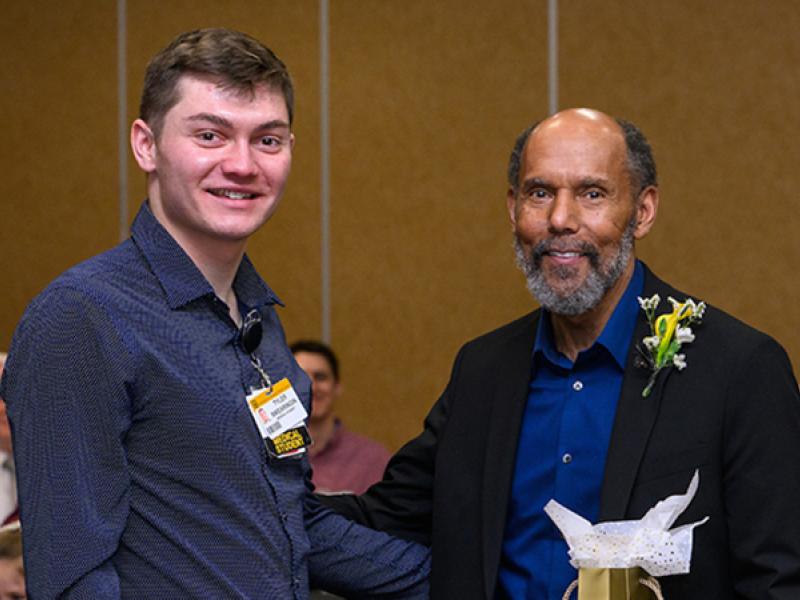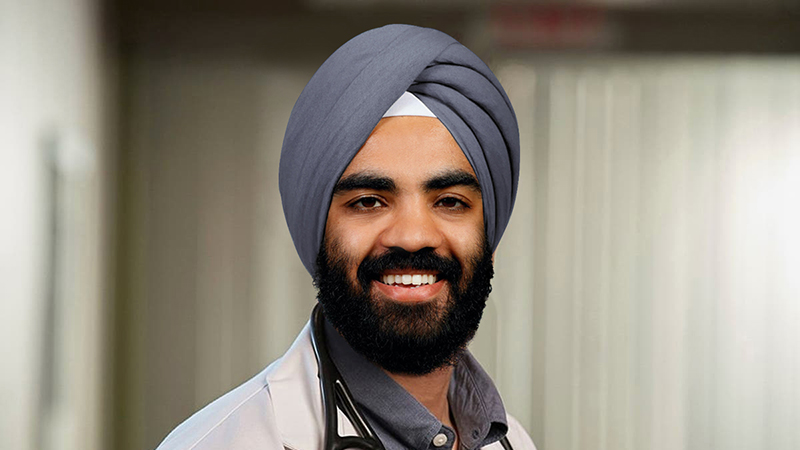
As COVID-19 infections increased rapidly in South Asia in April and May of 2021, Gurpal Virdi, a rising fourth-year medical student, recognized a need to create clear and accessible health education materials about COVID-19 in Indian languages. Virdi’s parents moved from Northern India to the United States before he was born, and he heard from family in India that misinformation and outdated treatment advice was creating confusion.
“There’s a significant degree of widespread public misinformation––even misguided government recommendations––regarding ivermectin and doxycycline, with no clinical evidence for their use in COVID-19 treatment or prevention.” Virdi said.
Virdi used the networking platform, Clubhouse, to reach out to infectious disease specialists who were interested in developing health literature available in many languages spoken in India. He collaborated with Harvard infectious disease specialist Jeremy Faust, MD, to create a digital document that has the most current information about symptoms, mask use, testing, when to seek treatment and more.
The document was reviewed for accuracy by a panel of infectious disease specialists including physicians Céline Gounder, Howard Forman, Carlos del Rio and Anand Swaminathan. With the help of medical translators, it was translated into Punjabi, Hindi, Bengali and Garhwali. Since then, versions in Marathi, Malayalam, Tamil, Telugu and Urdu have been added, with more translations in the works.
“Next, we are having the document translated into Arabic and French,” Virdi said. “Northern Africa has a lot of untested COVID-19 cases, and we want to continue to make this information more accessible.”
The document in its many translations was made public by Virdi and Faust on May 10 and has reached over 130,000 people and been endorsed by public figures such as Chelsea Clinton and Atul Gawande. Virdi and his colleagues hope the translations continue to reach those who need it most.
“I believe it’s important that medical students realize that our impact doesn’t necessarily start when we receive our degree” Virdi said. “I’ve always known I wanted to practice ophthalmology and pursue global health during my career, which is why I started this project in the first place.”


